Trial Gardens, Why Do They Matter?
Trial gardens are an essential part of the horticultural world. These gardens serve a dual purpose: they are both a battle ground against the elements and disease, and a stage to exhibit plant performance. They also function as a powerful marketing tool for nurseries and breeders, who can support their claims with substantiated data.
But what exactly are they, and why are they so important? Why does it matter to Bailey Nurseries? Why does it matter to you? Let’s dig in.
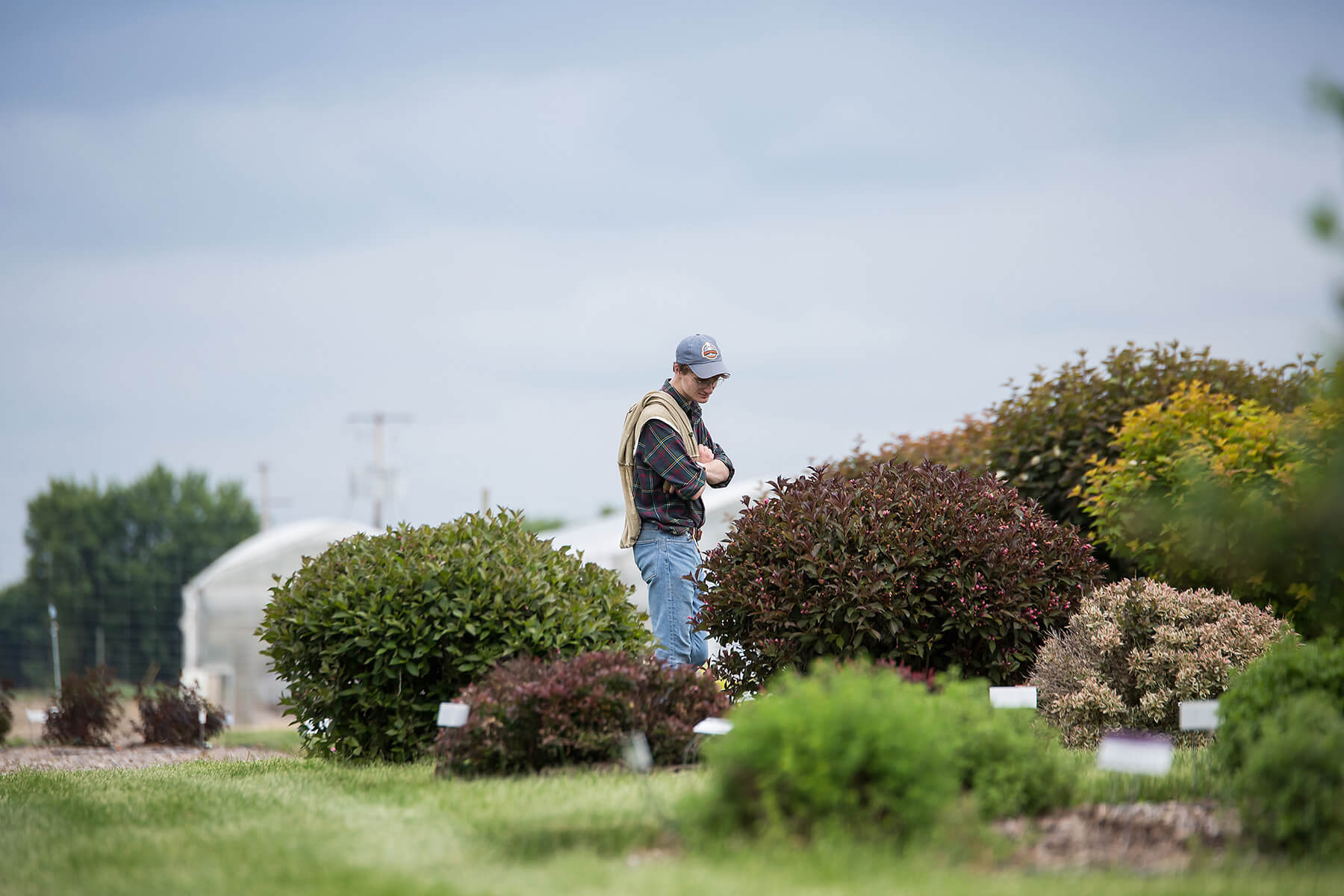
What is a Trial Garden?
At its core, a trial garden is a space where plants are grown specifically to test their performance. These gardens are not designed for ornamental purposes like public display gardens, nor are they purely functional like production fields. Instead, trial gardens are living laboratories that help evaluate how plants behave in real-world conditions. Depending on the trial garden contract and the breeder’s goals, plants will remain in the trial for two to five years, sometimes even longer.
It’s important to clarify the terminology surrounding the gardens we use at Bailey Nurseries. The term “Trial Gardens” can create confusion, as we have a trial block, display garden, and collection garden, each serving a different purpose:
- Trial Block or Trial Area: This is a restricted area used to test plants in containers and in-ground. These plants are often proprietary and not yet released to the market. This is where we evaluate traits critical to selection decisions, including hardiness, disease resistance, and overall performance. It is a secure, non-public area.
- Display Garden: This garden contains plants that have already been introduced to the market. It’s designed for public viewing by gardening groups, business partners, and employees, offering a traditional garden experience.
- Collection Garden: Also composed of released plants, this garden focuses on comparative displays. It showcases how different plants measure up to one another in form, performance, or color.
Why Does Plant Testing Matter?
Whether testing a new cultivar or comparing species side by side, trial gardens offer real-world insights that simply can’t be replicated in controlled environments. Plant testing matters because we need to learn as much as we can about a plant before we can confidently recommend where to plant it, how it will behave, and whether it’s ready for the market. Listed are some examples of the information needed to make good selection decisions.
- Cold and heat tolerances
- Water requirements
- pH tolerance
- Disease and insect resistance
- Growth rate and habit
- Bloom and fruiting times
- Coverage of blooming
- Reblooming potential
- Fall color and foliage details
- Overwintering ability
- Propagation methods and success
- Container performance
- Best production practices
- Comparisons of current market plants
- Seeding potential and invasive risk
- Building fact sheets and tags
- Target markets
These traits ensure the plant is not only beautiful but also reliable and marketable.
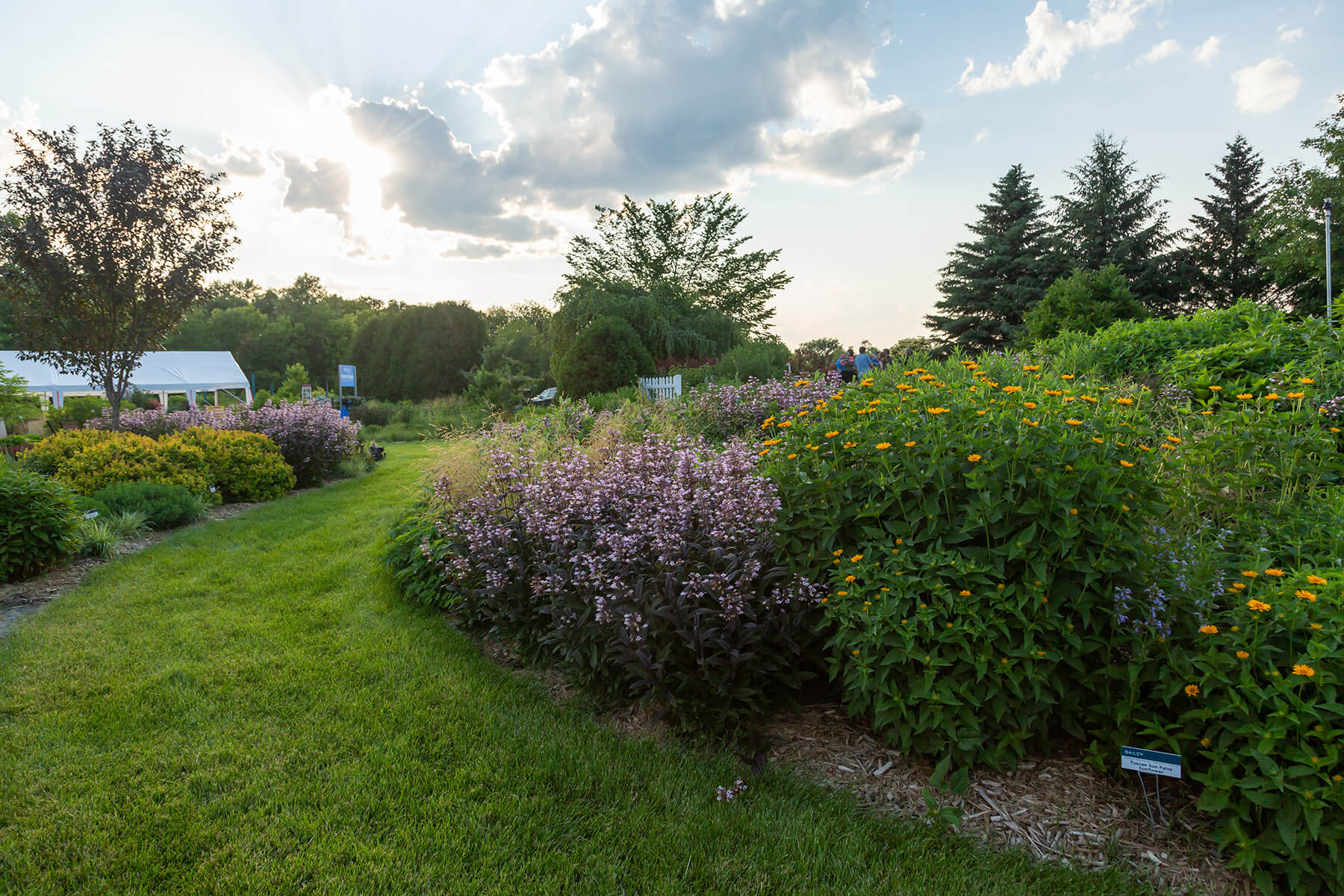
Why Should I Care About Trial Gardens?
Plant trials aren’t just about science, they’re about you. Whether you’re a grower, landscaper, retailer, or home gardener, our trialing process directly impacts what you can expect from our plants.
Here’s how:
- Better Plants – Our trials eliminate poor performers early, so only the best make it to you.
- Fewer Surprises – You get plants that are tested, trusted, and regionally appropriate.
- Smarter Recommendations – We match plants to specific markets and growing conditions.
- Confidence in Our Brands – Branded plants like Endless Summer® Hydrangeas, First Editions® Shrubs & Trees, and Easy Elegance® Roses are backed by rigorous evaluation and not just hype.
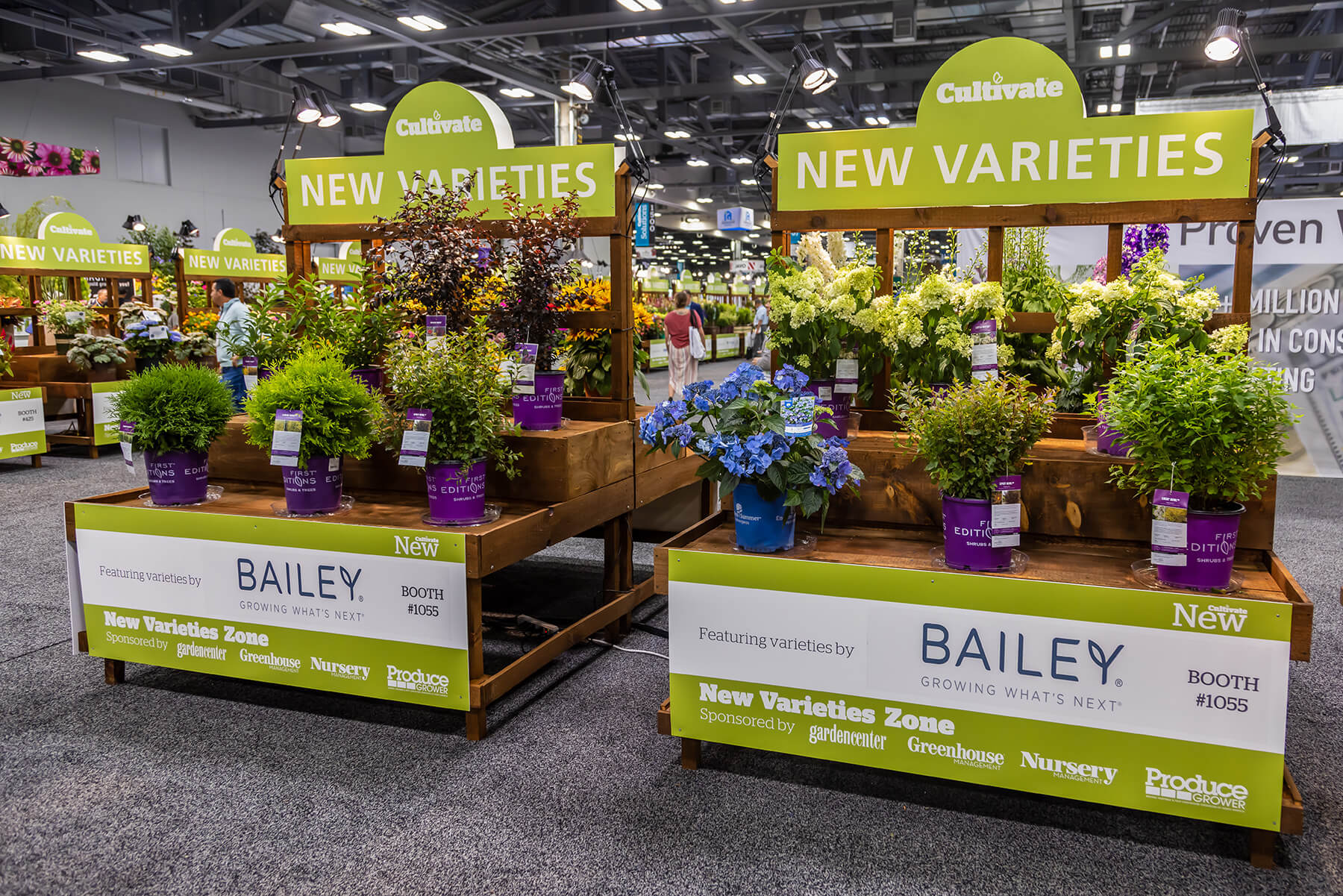
Who Uses Trial Gardens?
Trial gardens are used by many parts of the horticultural industry and for different reasons.
- Plant breeders – to assess whether new introductions reliably exhibit the desired traits
- Growers and nurseries – to evaluate regional adaptability and market potential
- Retailers and landscapers – to identify reliable, high-performing plants for customers
- University researchers – to generate data for the broader horticultural community
At Bailey Nurseries, trial gardens are central to our innovation strategy. They allow us to validate the quality and regional adaptability of new introductions before bringing them to market. This ensures that every plant we sell is field-tested and trustworthy, a promise we proudly extend to both our partners and end consumers.
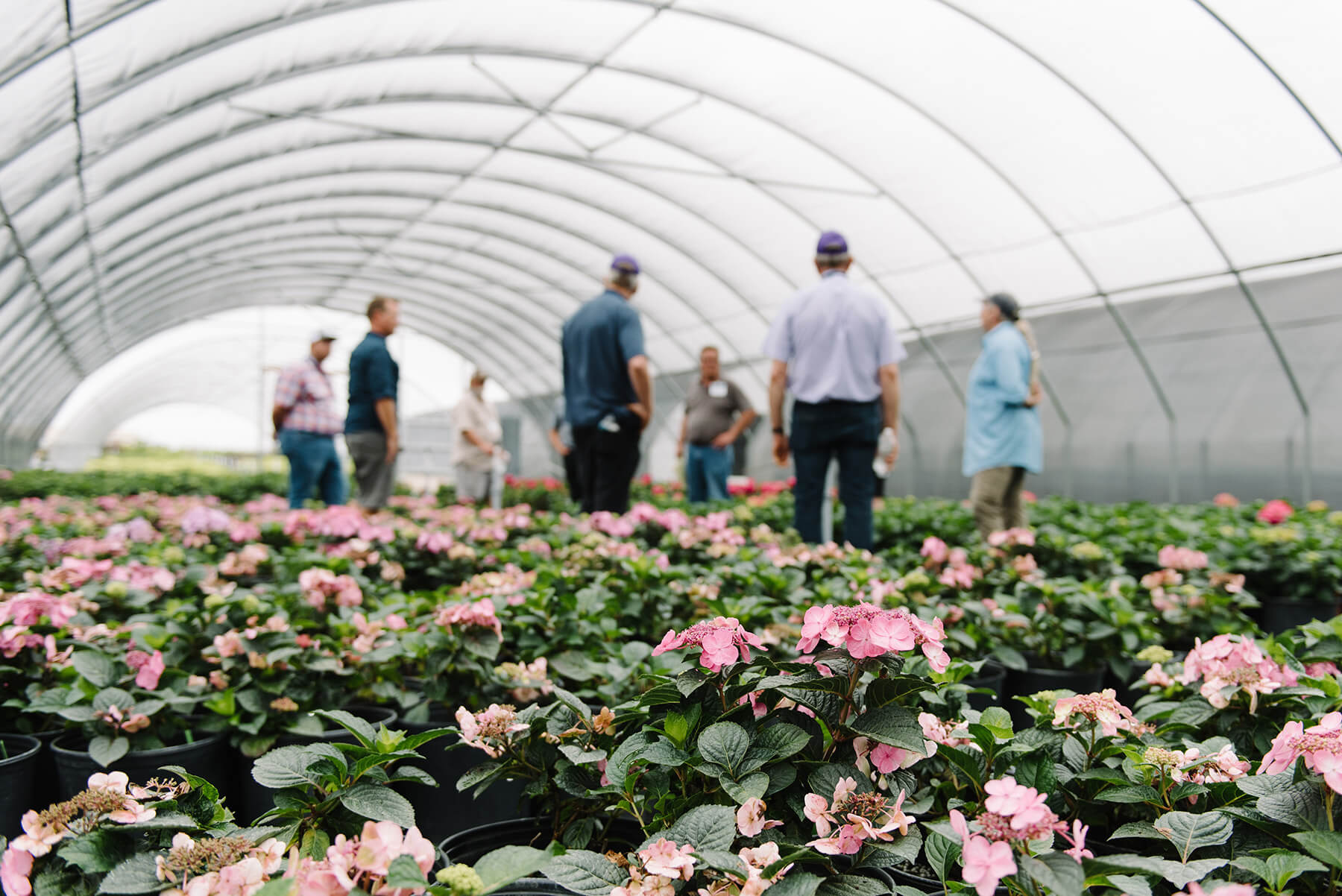
Benefits of a Trial Garden
Trial gardens receive specific care to ensure accurate and reliable data collection. There are regular maintenance practices that happen like weeding, fertilizing, and watering. Depending on the objectives of the trials, some plants may be pruned, disbudded, or receive treatments for pests or diseases. Some key benefits include:
- Risk reduction – Poor-performing varieties are identified before full-scale production.
- Better decision-making – Trial data informs breeding, marketing, and purchasing strategies.
- Brand integrity – We ensure our brands, including First Editions®, Endless Summer® Hydrangeas, and Easy Elegance® Roses, meet the high standards our customers expect.
- Continuous improvement -Feedback from trials and growers supports refinement and innovation.
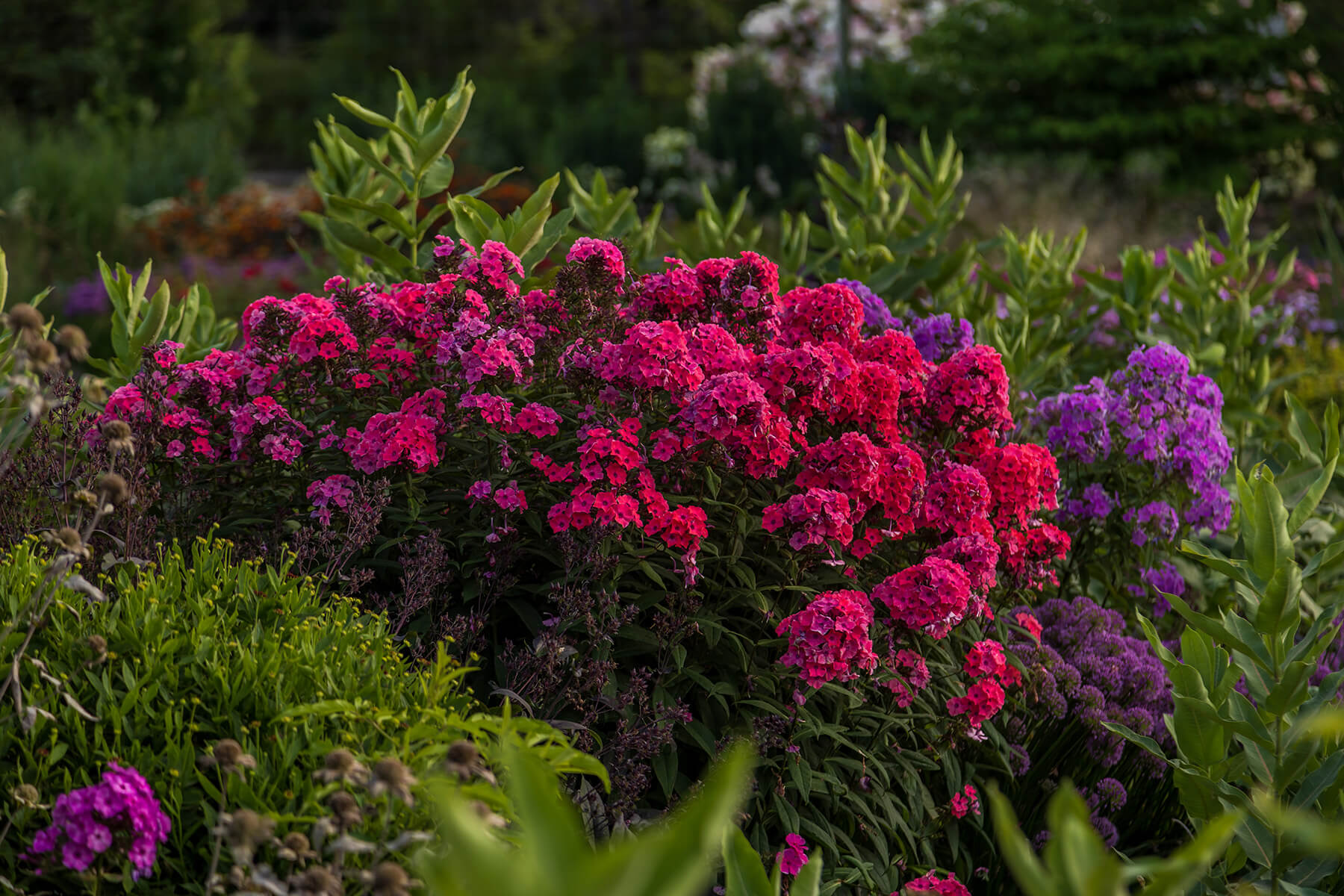
Public vs. Private Trial Gardens
Trial gardens can be public or private, depending on their purpose and audience. Public trial gardens are often hosted by universities, botanical gardens, or professional organizations. They are open for viewing and may offer tours, signage, and seasonal evaluations. Private trial gardens, like those at Bailey Nurseries, are typically used for internal research.
In some cases, a hybrid model exists. Private spaces that open for special events or industry tours that allow select groups to preview what’s up and coming.
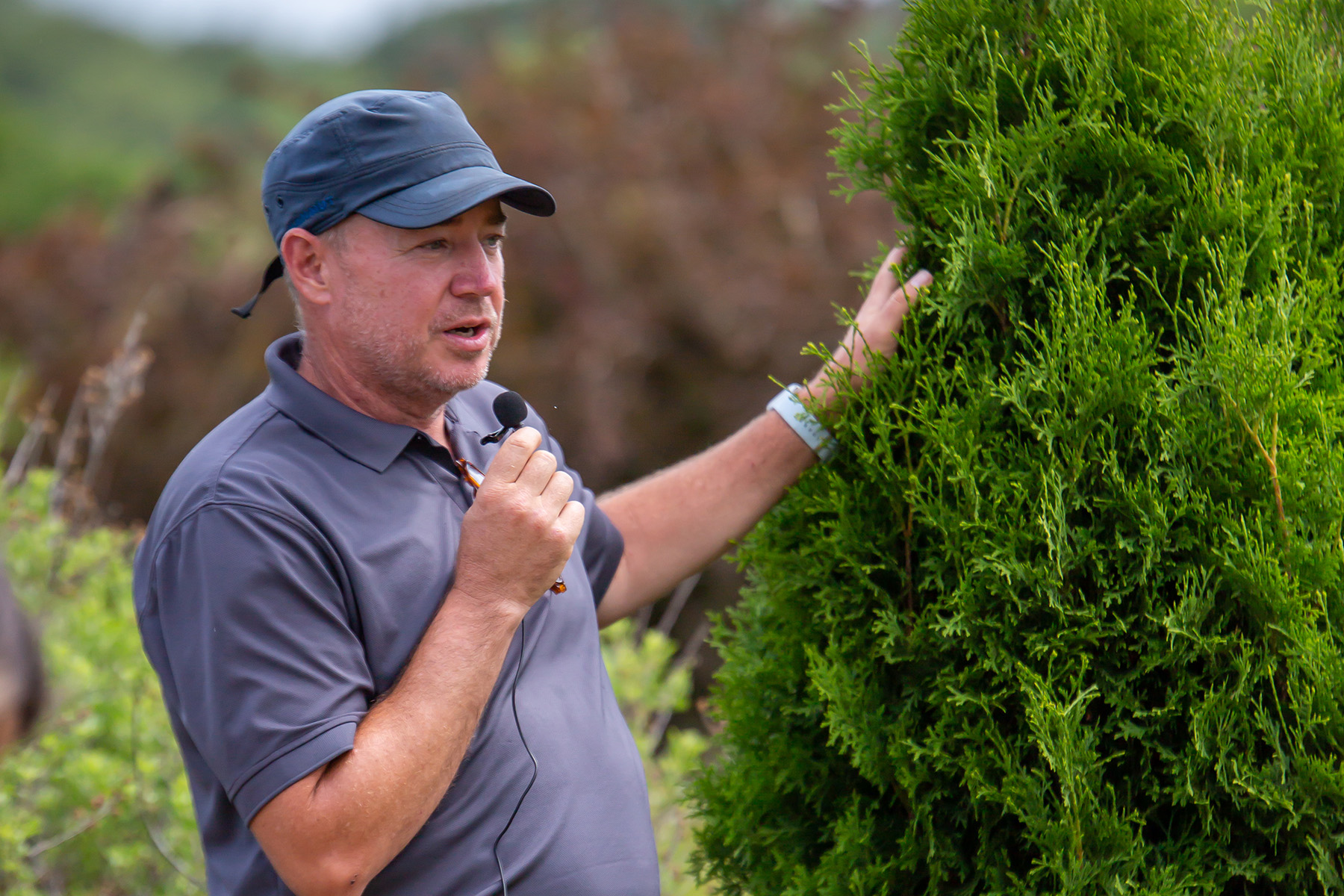
Quality Over Quantity
Trial gardens may be behind the scenes, but they are fundamental to success in the plant industry. For Bailey Nurseries, they are more than just test plots, they’re strategic tools that ensure we offer the best plants, with dependable performance, year after year.
Whether you’re a grower deciding what to plant next season or a curious visitor touring our facilities, the trial garden represents our commitment to quality, innovation, and trust.
